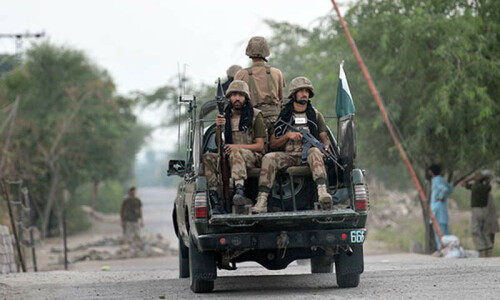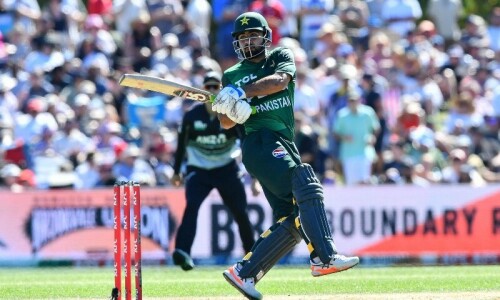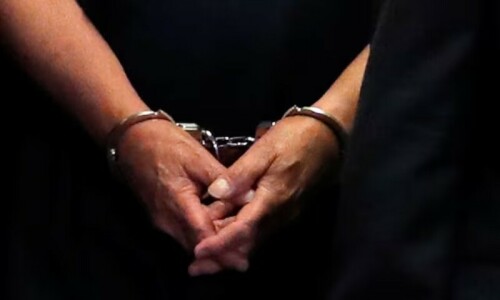ISLAMABAD: President Arif Alvi is duty-bound under the Constitution to summon a fresh session of the new National Assembly by Feb 29, as the National Assembly Secretariat (NAS) has made all arrangements to welcome the newly elected members.
Meanwhile, wheeling and dealing among mainstream political parties are underway after the Feb 8 general elections, with about 150 covet positions, including the prime minister, up for grabs. And a statement by the PTI chairman that the party would not make an alliance with anyone may open the floodgates to horse-trading, analysts fear.
According to Section 91(2) of the Constitution, the president must convene the National Assembly’s session after the official announcement of election results or issuance of its notification within 21 days.
“The National Assembly shall meet on the twenty-first day following the day on which a general election to the assembly is held, unless sooner summoned by the president,” the section says.
Election of speaker, prime minister required to be held on March 1 and 2, respectively
A senior NAS official told Dawn that the president was duty-bound to call the session of the National Assembly within 21 days; otherwise, the secretariat itself could announce the summoning of the session. He said the secretariat had made all necessary arrangements to start the new assembly’s first session.
The official said that according to Section 98 of the Elections Act 2017 (amended in 2023), the Election Commission of Pakistan (ECP) has to announce notification of consolidated results of elections within 14 days.
He said that after the announcement of the official results, independent MNAs would be given three days to join any party in the parliament they want and on the fourth day, the women members would be inducted on reserved seats.
He said on the first day of the National Assembly session, the incumbent speaker would administer the oath to new MNAs, and on the second day, the election of the new speaker and deputy speaker would take place. On the third day, the election for the office of the prime minister will be held.
Section 91(3) of the Constitution says: “After the election of the speaker and the deputy speaker, the National Assembly shall, to the exclusion of any other business, proceed to elect without debate one of its Muslim members to be the Prime Minister.
According to Section 91(4), the prime minister “shall be elected by the votes of the majority of the total membership of the National Assembly, provided that, if no member secures such majority in the first poll, a second poll shall be held between the members who secure the two highest numbers of votes in the first poll and the member who secures a majority of votes of the members present and voting shall be declared to have been elected as prime minister, [and] provided further that, if the number of votes secured by two or more members securing the highest number of votes is equal, further poll shall be held between them until one of them secures a majority of votes of the members present and voting.”
150 positions up for grab
It has been learnt that more than 150 coveted positions are up for grabs based on which the political parties, which are in the bargaining position, could make their possible alliance. These positions include the office of president, as President Alvi has already completed his term but continues to hold his office until new elections take place by the coming National Assembly.
Similarly, other desired positions include the office of the prime minister, speaker and deputy speaker of the National Assembly, four governors, federal ministers, state ministers, advisers to the prime minister, special assistance to the premier, dozens of parliamentary secretaries, and chairpersons of National Assembly standing committees.
Interestingly, the five-year term of half of the members of the Senate will also be over next month, and the election for about 50 vacant seats will take place, followed by the election of chairperson and deputy chairperson of the Senate.
The election of senators will also allow the political parties to accommodate themselves for future alliances.
Later, President Alvi in a message on Sunday congratulated the people of Pakistan for vehemently participating in 2024 elections.
Published in Dawn, February 12th, 2024












































